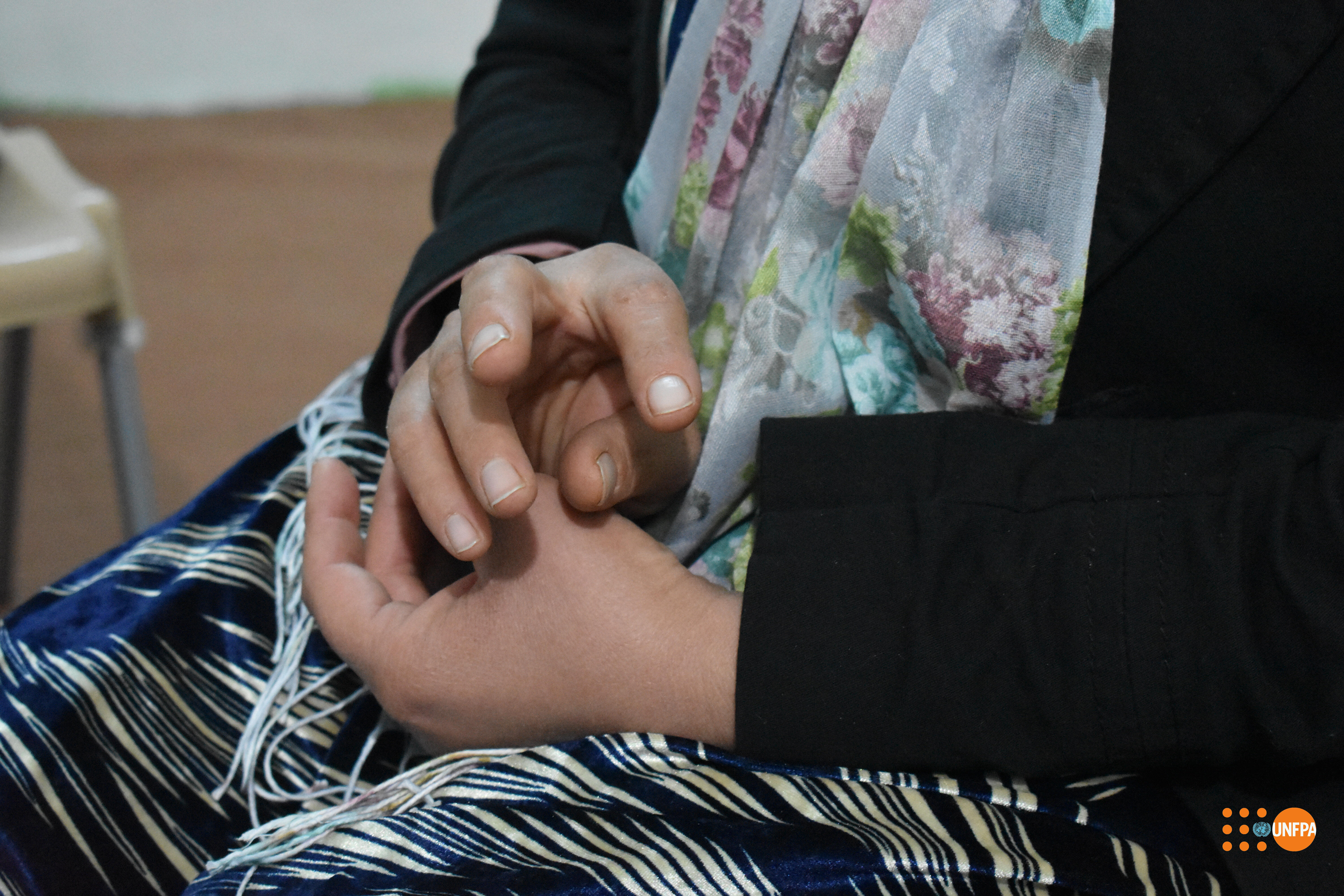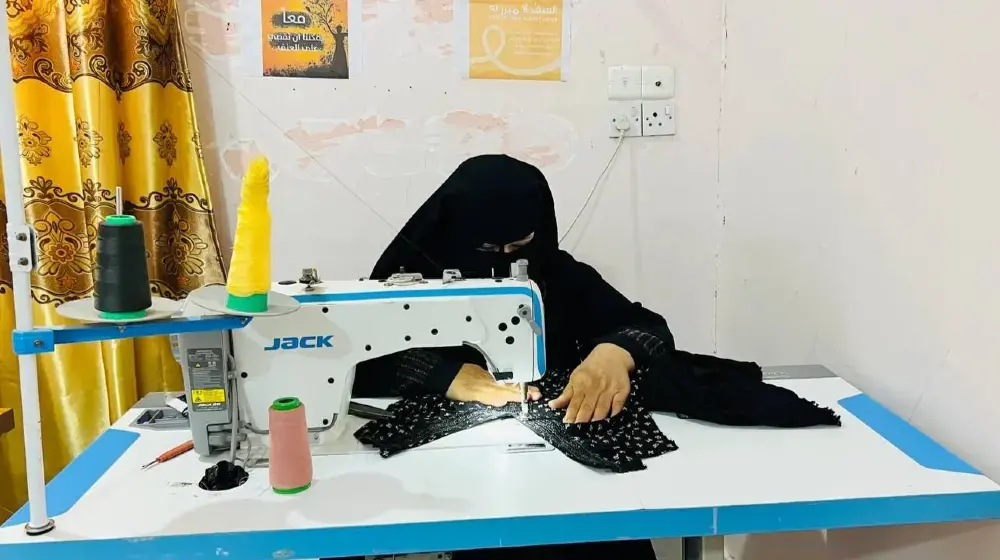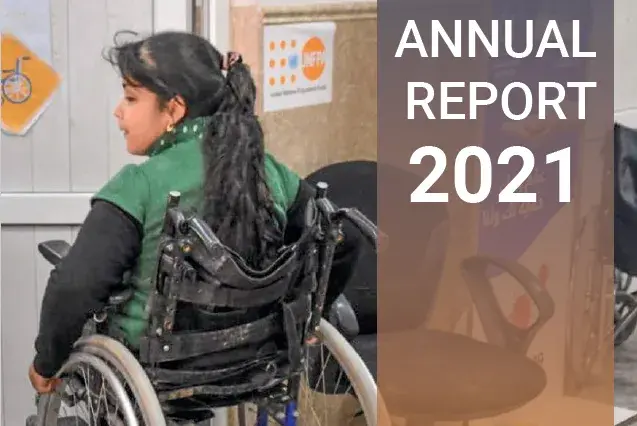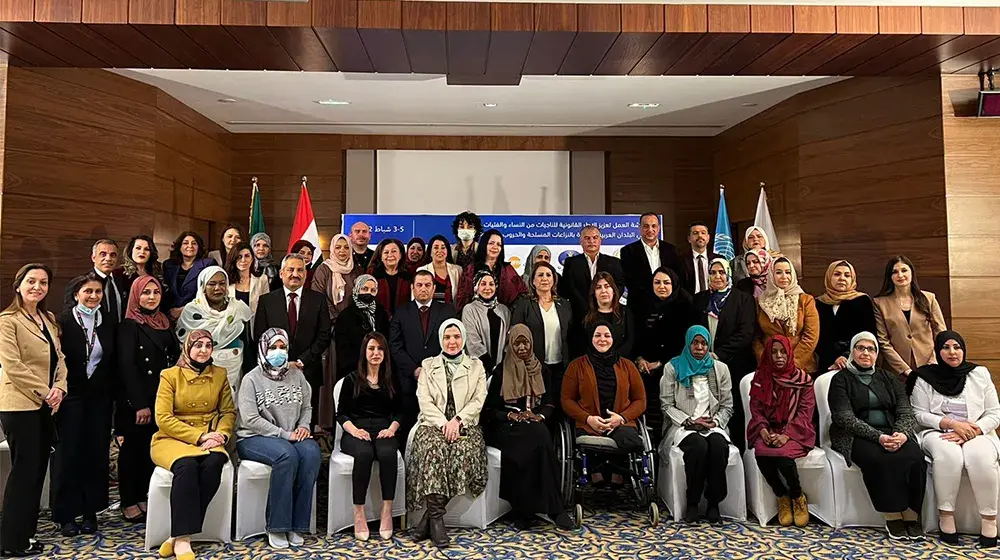“I was so desperate, I had lost hope; committing suicide seemed the only escape from the abuse, back then,” said Fatima*. “I didn’t know how to handle the pain, but now I do. I am strong enough to survive.”
According to different reports on suicide, one in three women is victimized by domestic violence at some point in her life and one out of every four women who are the victims of domestic violence attempt suicide.
Mother-of-eight Fatima had suffered from spousal abuse for more than a decade.
“I never expected that my loving husband could lay a hand on me,” she noted. “It took one disagreement with his family, nine years into our marriage, to destroy the beautiful nest we had built together.”
The disagreement happened when Fatima’s brother-in-law wanted her and her husband to vacate the house they were renting from him ever since they got married. When she refused, he verbally abused her, called her a woman with no honor, and sent her back to her parents’ house. She explains that her husband did not defend her nor stand by her in this ordeal, however, a while after he asked her to return home to take care of the children.
One year later, the 35-year-old became pregnant again. “Despite the instability in my marriage, I was happy to have another child. My husband’s reaction, however, wasn’t a positive one; he refused to support my pregnancy needs, buy baby clothes, or spend any money.” Fatima found herself relying on the neighbors’ financial support to get by.
“One day, I decided to talk to him about it. It was winter and we were sitting around the heater. He refused to give me money. I felt so desperate, I did not have a dime to spend on my children. In a moment of despair, I threatened to self-immolate. He smirked at me and told me to do it; so I came closer to the heater to scare him but I got burnt,” she said.
Fatima’s left side was burnt from head to toe. Her husband refused again to provide her the financial means to get the proper treatment, holding responsible for the situation. She was so ashamed and had no one to turn. She reached out to her family who took care of her treatment.
By then, Fatima had decided to no longer have children; she believed it was not healthy to bring children to a broken marriage and a dysfunctional family. She started taking contraceptive pills without her husband’s knowledge.
With time, their relationship got better and her husband asked for another child. “I thought… why not. He is treating me with more respect.” She decided to stop taking the pills and soon after, she got pregnant.
What Fatima thought was a step forward towards a happy marriage, turned out to be a temporary happiness. “I don’t know what triggered it, but during my pregnancy my husband started physically abusing me; he would slap me on the face and beat me on a daily basis. He would even use a wooden bat or any home appliance he could get his hands on; I would faint for hours at times. Not only was the abuse physical, but he also keeps repeating that I am not a fit mother and that I am a bad influence on my daughters.”
Fatima explains that the thought of leaving her husband occurred to her: “I wanted to leave him many times. It sounds crazy that I decided to stay, but my children rely on me to protect and support them and give them the security and stability that every child deserves”.
When her neighbor introduced her to the UNFPA-supported Women Centre in Bnaslawa, she was reluctant to join; she was afraid of being judged. She remembers the first time she attended a course, it was the sewing course. The social workers welcomed her with smiles; they didn’t approach her but they let her feel comfortable, and gave her the space to be ready to share her story. “They gave me time to trust them. What I like the most is that they didn’t judge me for staying nor felt bad for my condition. On the contrary, they empowered me and offered a shoulder to cry on. Before I joined, I was lonely, I was physically ill and mentally exhausted. The centre really changed my life; I am now taking psychosocial support counseling which helps me face every day with a positive attitude.”
*name changed for privacy and protection





